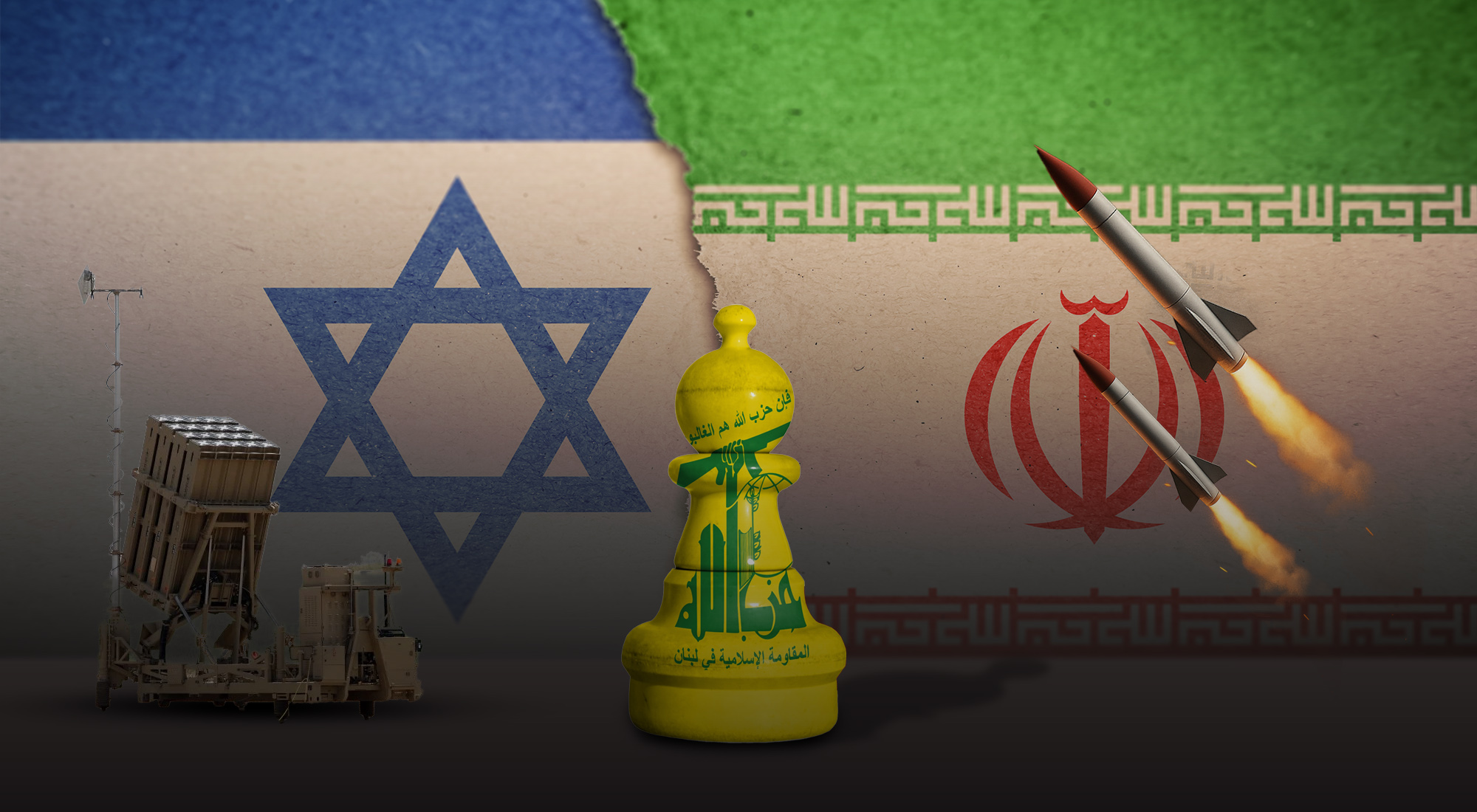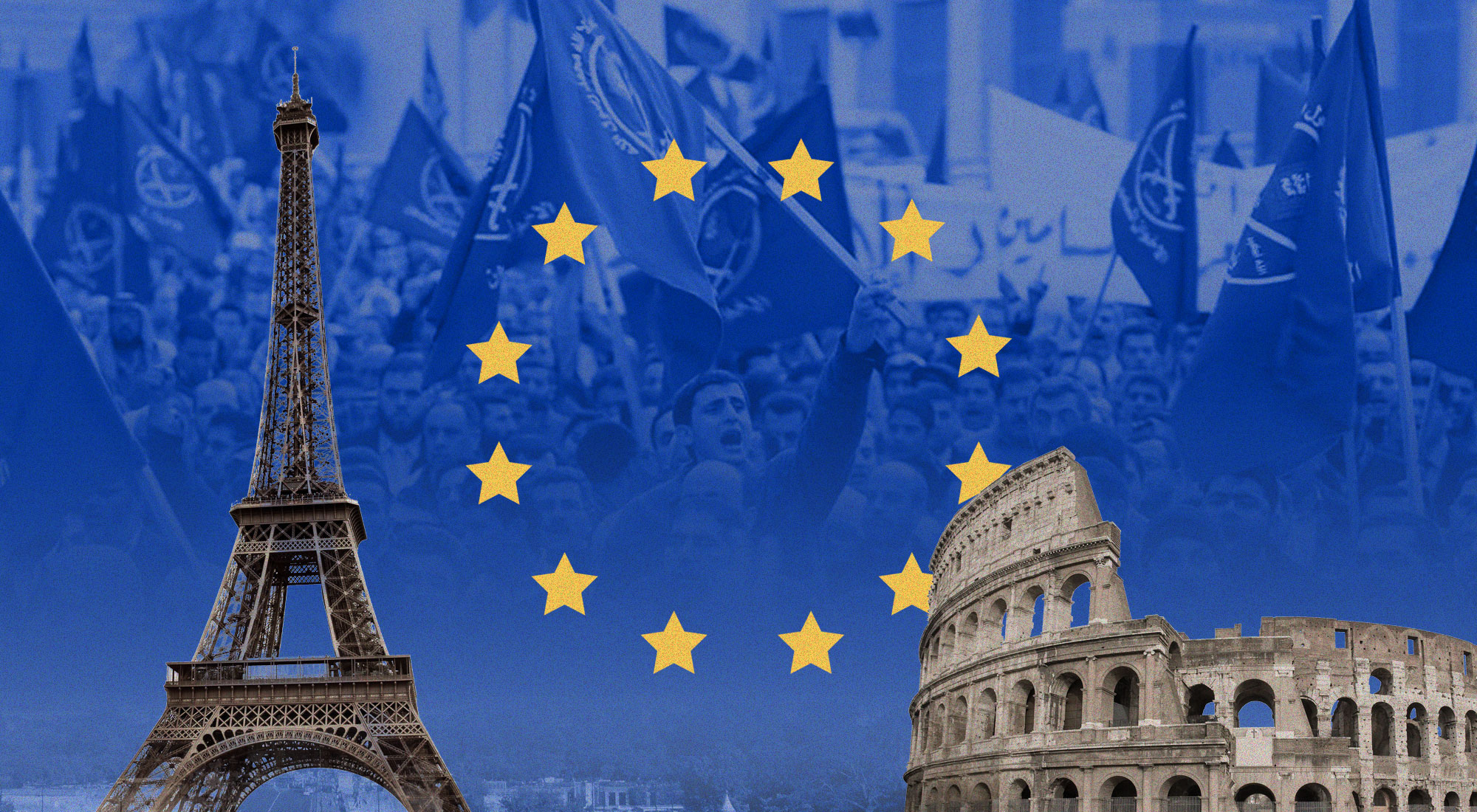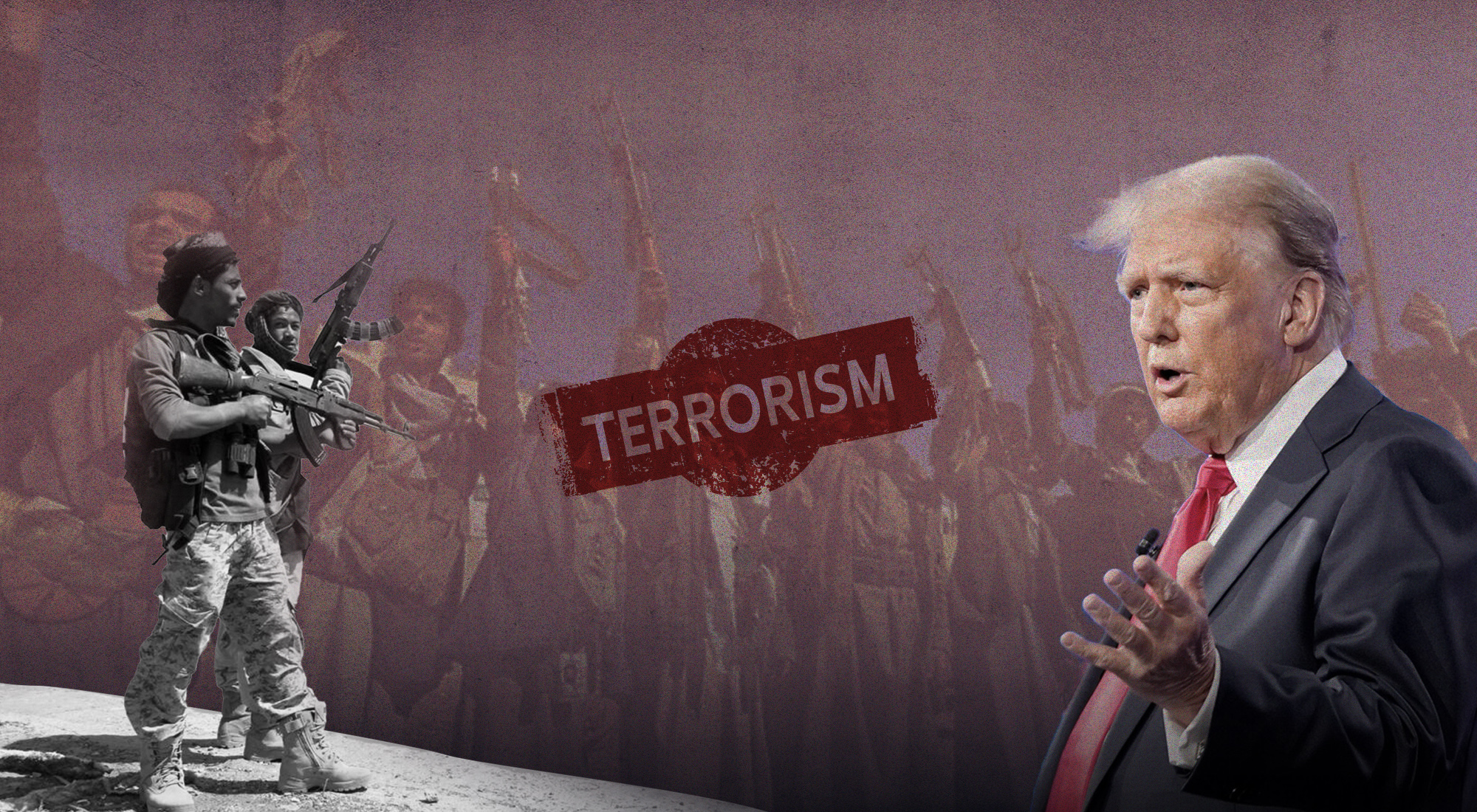Once again, as ISIS rampages in the Levant, the Muslims of Germany have come under scrutiny. And the behaviour of a group of radical Muslims have not helped matters. In September this year a group of Salafist Muslims, led by Sven Lau aka Abu Adam, 34, a German who converted to Islam at 15 seeking direction in life, began patrolling the streets of the western city of Wuppertal. Wearing orange construction vests with the words “Sharia Patrol” they went about trying to convince people that going to bars or nightclubs was not a good idea. The police swooped on them since, as Justice Minister Heiko Maas clarified in an interview to the popular tabloid Bild, “the state alone” is responsible for the administration of justice in Germany. However, the antics of the group were greeted with a level of alarm more appropriate when the Turkish army besieged Vienna in 1683. One of Germany’s popular tabloid papers, “Focus” dubbed Lau “Staatsfeind Nr. 1″, or Public Enemy Number One. Callers flooded police hotlines, and in Cologne, home to one of the largest concentrations of Turkish immigrants, right wing demonstrators clashed with left wing anarchists and targeted anyone who looked Muslim. Commentators have called for Muslims to make clear what they stand for.
For the tabloid press in Germany, and sadly for many Germans, the Muslims are a monolithic and vaguely threatening group. “They look different. They dress different. I am sure they think different,” says Ulf, from the Eastern city of Leipzig, who unsurprisingly did not want to give his second name. He adds apologetically, “I don’t blame them. They have different cultural values,” Ulf is no Nazi, and is in fact a left-leaning radical. That is important in a country where the greatest enemies of the neo-Nazis are not minorities, but left-wing radicals. Yet, across the political spectrum, the idea of Muslims as too different to assimilate, the cornerstone of German immigration policy, is a disturbing undercurrent. This flies in the face of reality. Muslims in Germany are as diverse as any other community. The Salafists, who have caused such alarm, number at most 6,000 out of a Muslim population of 4,119,000 or an estimated five percent of the population. Almost 65 percent of Muslims in Germany are from Turkey, a legacy of post war immigration, while others are from the former Yugoslavia, Pakistan, Afghanistan, Iran, and North Africa, mostly political refugees, or their descendants. Many Muslim Germans are as antagonistic or indifferent to religion. Yet, many Germans mix national and religious identities, seeing the Turkish as Muslims first, and seeing all Muslims as being the same. In fact, the rise of ISIS and Turkey’s failure to intervene has led to clashes between Kurdish Germans and Turkish Germans.
None of this is surprising for a country that has always struggled with the question “Who is a German?”
Until 1871, Germany did not exist. Less than a century later, the driving force behind German unity, the Kingdom of Prussia, disappeared as Soviet forces advanced and Stalin redrew the map. German territory east of the Oder river were given to Poland, and parts of eastern Poland to Ukraine. East Prussia, with its capital at Königsberg became Kaliningrad, a Russian enclave uncomfortably nestling between Lithuania and Poland and completely cut off from Russia.
Unsurprisingly, Germany has struggled with the German identity. Until 1998, German citizenship could be obtained only by having a German parent, until 1975 that parent had to be male. Citizenship by birth and culture, and not by birth on German soil, has been a constant headache in the country’s immigration policy. Germany needs immigrants. In a society where the old literally depend on the young, through taxes, for sustenance in their old age, immigration, in the face of a falling birthrate, is the only way ahead. This insistence on culture and blood is becoming increasingly archaic in a country which, after the United States, is the second most popular destination for immigrants. Without immigration not only would the food be dull but the economy would grind to a halt. Business leaders estimate that without immigration the German work force will shrink to 1.5 million by 2020, yet Germany struggles to make immigrants feel welcome, though the government is trying hard. It is a sentiment the President of the Republic, Joachim Gauck, summed up: “It’s not easy to grasp what it is to be German and it keeps changing.”
Germany’s immigrants and Germans live in parallel societies.
Nothing epitomizes this more than the Turkish community in Germany. In Berlin, if one takes the subway to Neukölln, the eighth borough of Berlin, located in the south-eastern part of the city, they feel as though they are in a different country. The smell of roasting kebabs, hawkers calling out their wares, row upon row of shops selling cheap Chinese made clothes. People crossing the streets even when the pedestrian lights are a warning red. It is a pet peeve of the Germans who wait patiently to cross even if there are no cars in sight. In many ways Neukölln shows how different parallel societies co-exist peacefully in Germany. The aroma of spices, the milling crowds, the impatience with rules such as crossing only when the lights are green belong to a different world. Germany. Clean. Efficient. Boring. Even some Germans see it that way . “To live life you go to the Turkish area,” says Thomas Kindermann, a lawyer who was born in Cologne. In the shadow of the famous cathedral there, whose spires guided British bombers when the RAF pounded the city during the night time raids of 1944 to 1945, is one of the largest Turkish districts outside Turkey, Eigenslat, often called the “New Istanbul.”
Control over the sexual lives of women, the role of religion, how far one must become German culturally to be German, and a sense of alienation are issues that immigrants, even second or third generation, struggle with. Cihan Aslanbay, a social worker whose father came to Germany during the 1960s says: “He was the best worker in the glass factory where he worked and spoke very good German. He was proud to be German. He wanted to integrate and I was born in Cologne. Yet, I still don’t feel at home here. We live in parallel societies.” Cihan, who was born in 1971 is a German citizen, not because he was born in Germany but because he was continuously resident in the country. Cihan had no automatic claim towards citizenship. On the other hand, Russians who are the descendants of German settlers who went east as far back as the 12th century, can claim German citizenship. Though the law was tightened in 1990 to limit the number of immigrants, the descendant of a German shipbuilder hired by Peter the Great (1672 1725) has a greater claim to citizenship than Cihan. “I speak German, and I even think in German. When I go to Turkey my cousins sometimes laugh as I opt for words that their grandparents used but are no longer of relevance.”
Caught between two worlds, the rise of ISIS in the Levant once again raises the question. Who is a German?








